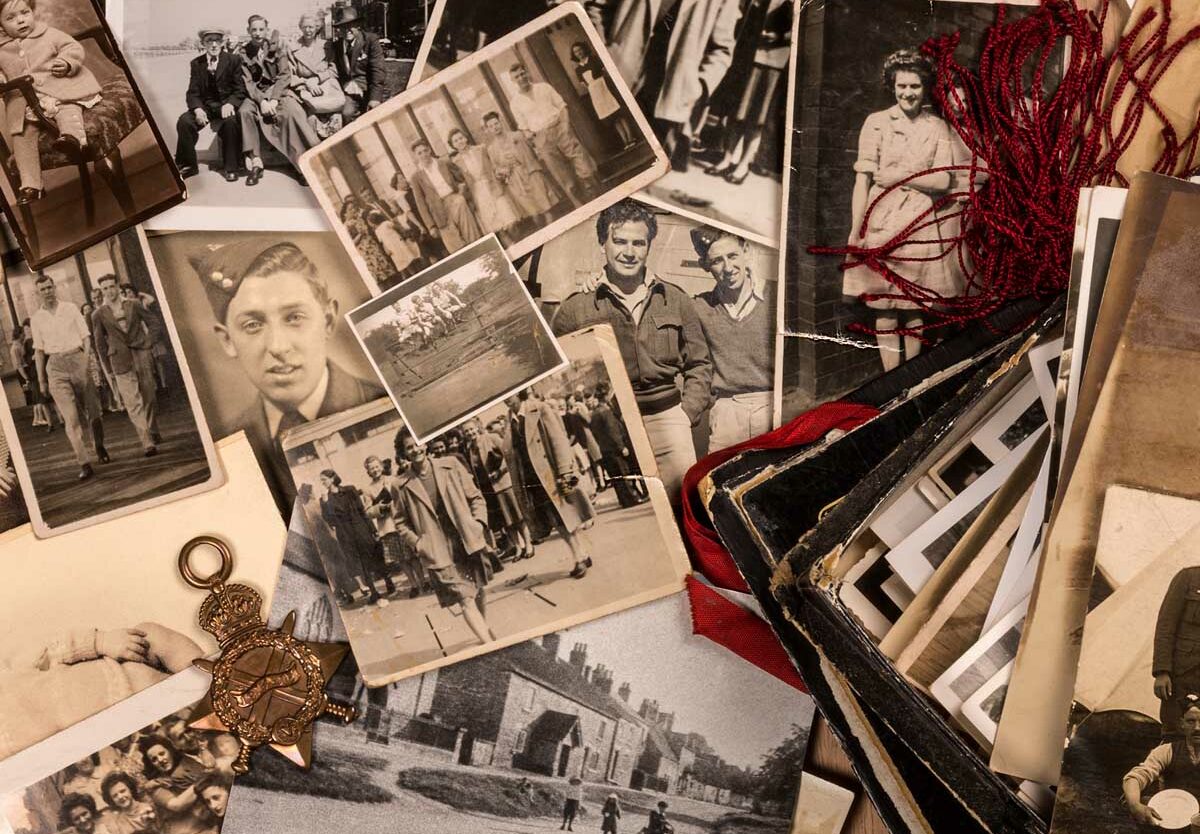Genealogy Day is every second Saturday in March and this year, it takes place on March 8. A day when it’s perfectly alright to dig around the past to learn more about your relatives! When everyday life is a grind, we know it can be impossible to think about people who lived a hundred years ago. However, for those keen, tracing genealogy can uncover fascinating stories and secrets. Often, people get to learn more about not only their ancestors but also about themselves. Understanding genealogy may answer questions about why we are the way we are. It could also unearth skeletons! Regardless, it promises to be both eye-opening and fun.
History of Genealogy Day
The origins of Genealogy Day date back to Ireland. In 2013, Christ Church in Limerick created the day to ring in the church’s 200th anniversary.
The idea was to help churchgoers and the larger Limerick community trace their family history. People went through reams of family records and archives within the church’s parish. Soon, neighboring parishes also got involved, making the quest deeper and incredibly detailed. The community invited groups such as the Church of Jesus Christ of Latter-Day Saints and the Religious Society of Friends in Ireland.
It was a fascinating deep dive back in history for both the church and its parishioners. People could check the marriage and baptism records of their ancestors as far back as the 1800s. The day was so successful for the church that they celebrated the occasion for the next two years. Since then, the day has inspired family historians and ordinary people to learn more about where they come from.
Tracing family trees isn’t a new concept. Genealogy was important for royalty in several ancient societies. The Ancient Egyptians believed their Pharaohs were half-god and half-man. In Western societies, genealogy helped families determine who was of noble birth and preserve the sanctity of royal blood. It could also decide who had the rights over territory — rights predetermined by birth. In China, Confucius’ family tree has been religiously documented for over 2,500 years.
Tracing genealogy today has become a passion project for many people worldwide. It’s especially pertinent in the modern-day world, where most families are fragmented. If we’re lucky, we may have our grandparents as tangible connections to the past. For anyone else curious about the details, Genealogy Day is ideal to begin the search!
Genealogy Day timeline
The roots of Confucius’ family tree begin to grow from King Tang and eventually span 80 generations and two million members.
The first surnames in Europe comprise four general groups: based on geography (e.g., Hill), occupation (e.g., Baker), appearances (e.g., Brown), or those based on fathers’ names.
The practice gains so much recognition that most people in Western Europe can trace their ancestry.
Christ Church in Limerick, Ireland, creates the first Genealogy Day.
Genealogy Day FAQs
Is there a genealogy month?
We celebrate October as National Family History Month. Take the time today to remember your family — their rich lives, histories, and achievements over the years.
What is the purpose of genealogy?
Genealogy studies family origins and ancestry by compiling detailed lists of ancestors and arranging them in written forms like pedigree charts.
What is the oldest family in the world?
The D’Cruz family comprises 12 siblings and presently holds the Guinness World Record for oldest combined age.
Genealogy Day Activities
Trace your roots
Fair warning, you never know what you’ll find. People have discovered half-siblings they never knew existed. Others have dug up skeletons in closets. Regardless, if you’re curious about your ancestry, take the help of a professional and start your search today.
Talk to your grandparents
Chat with your grandparents or great aunts and uncles. They’re often repositories of priceless family history. You may be surprised at the kind of stories they have to share. All you have to do is ask.
Look through old family albums
Find old wedding albums to take a pictorial trip down memory lane. Putting faces to names is an excellent way to get to know your extended family. Who knows, you might be inspired to dig deeper.
5 Important Facts About Weird Baby Names
Vegan names
In 2014, at least 214 boys in the U.S. were named “Kale.”
The Kiwi veto
The New Zealand government keeps an extensive list of names parents cannot give their babies, including “Lucifer” and “Messiah.”
Names get weirder each year
According to psychologists, the surge in weird baby names comes from parents’ desire to help their baby stand out in a tough economy.
“Nutella” did it for France
Registrars in France felt the name “Nutella” was against a child’s best interests and promptly intimated the court, as is their duty.
“Brfxxccxxmnpcccclllmmnprxvclmnckssqlbb11116”
Allegedly pronounced as “Albin,” the name was submitted to protest against the Swedish naming law asking parents to submit names for approval within three months of birth.
Why We Love Genealogy Day
For a sense of identity
Learning about ancestors contextualizes our existence to larger histories and spaces. In tracing family through generations, we end up with a better, deeper sense of self.
Family matters
Family is everything. It’s not just the family, you know. But also the lives and achievements of everyone who came before you or connected to you. Shared histories make us who we are.
It builds family connections
Researching genealogy is a great way to bond with family. You can involve siblings, parents, grandparents, or cousins twice removed. Shared storytelling opens up communication like never before.
Genealogy Day dates
| Year | Date | Day |
|---|---|---|
| 2022 | March 12 | Saturday |
| 2023 | March 11 | Saturday |
| 2024 | March 9 | Saturday |
| 2025 | March 8 | Saturday |
| 2026 | March 14 | Saturday |















